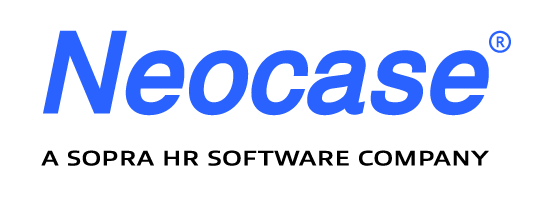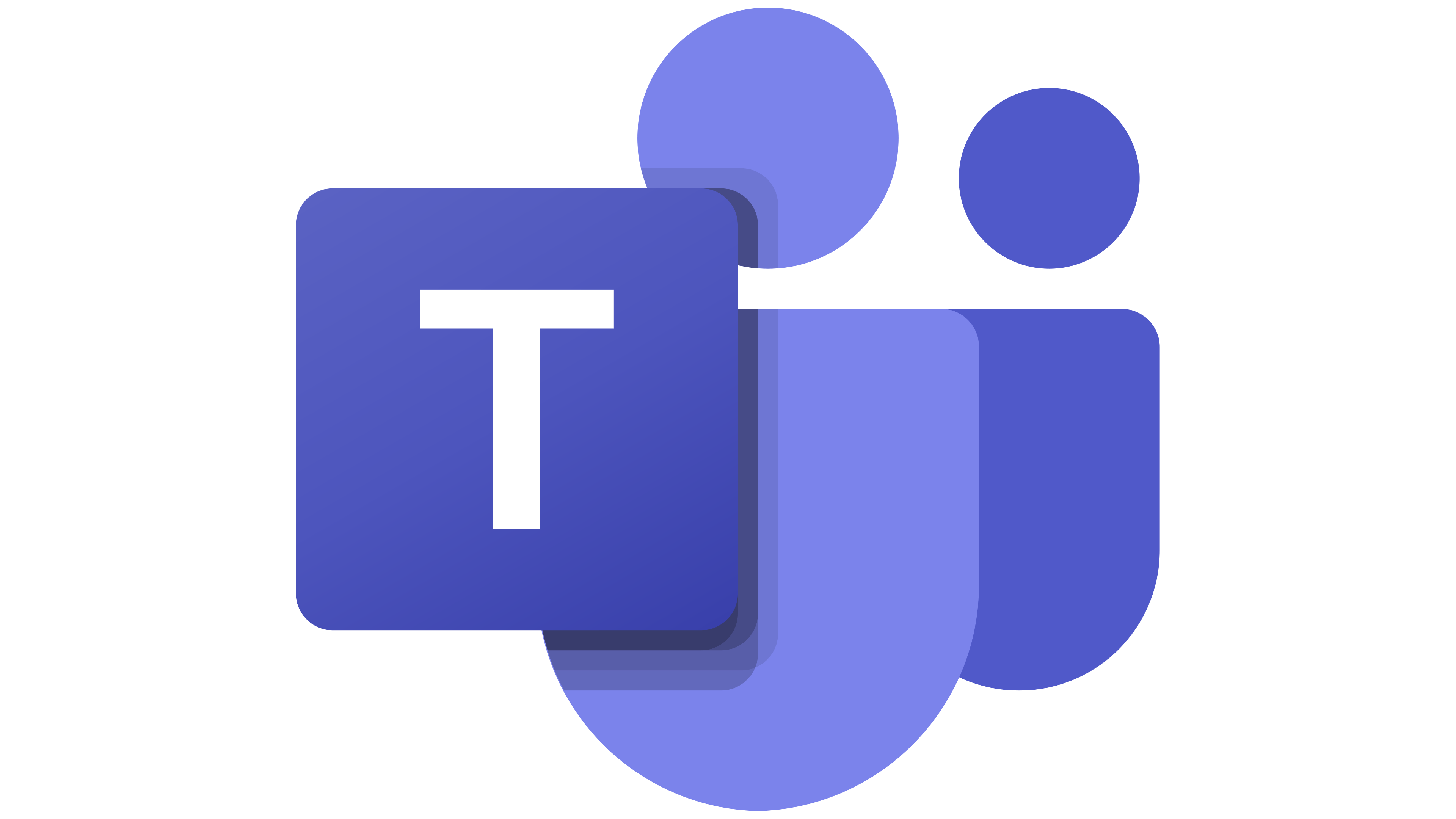Advances in technology have made robotics applicable to many processes – both for consumers and businesses. Robotic Process Automation (RPA) is the application of technology that allows employees in a company to configure computer software or a “robot” to capture and interpret existing applications for processing a transaction, manipulating data, triggering responses and communicating with other digital systems.
Standard automation practices, implementing consistent, repetitive systems that perform the same functions over and over, pale in comparison to RPA – which is akin to adding ‘cognitive computing’ or artificial intelligence into a process. In other words, RPA has the ability to adapt and react to changes in the process, on the fly. The Institute for Robotic Processing describes the difference between the two as such, “traditional automation is like cruise control on a car and RPA is more like a driverless car. Cruise control will keep the driver’s vehicle moving at one speed but can’t adapt to shifts in the environment.”
“Any company that uses labor on a large scale for general knowledge process work, where people are performing high-volume, highly transactional process functions, will boost their capabilities and save money and time with robotic process automation software.” (Institute for Robotic Process Automation)
In much the same way that robots are leveraged in the manufacturing industry; increasing production rates and improving quality, RPA “robots” are changing how we think about and administer business processes. From IT support and workflow processes, to the implementation of Shared Services; RPA can be brought to bear for the realization of dramatic improvements in process accuracy and efficiency – with greatly increased productivity in transaction processing.
Shared Services organizations, designed to provide consistent efficient and cost-effective back office processes, have taken notice of robotic process automation. The number of corporate executives evaluating the technology is on the rise – almost doubling the number surveyed from April 2015 to November 2015 from almost 18% to over 33%. (Source: CEB analysis)
"The benefits RPA provides to these operations are similar to those that outsourcing organizations experience when they make Robotic Process Automation part of their delivery mix. For Shared Services, RPA is also an enabler for other technology led initiatives. SSON reported in their 2014 State of Shared Services Industry Report, “Enterprise platforms make it easier for Shared Services to operate – but it is in the emergence of enabling technologies and cloud-based solutions that we are seeing quantum leaps.” - Matthew John Smith, 'Shared Services Organizations Turning to Robotic Process Automation'
"Automation is a strategic priority for shared services and Global Business Services (GBS) leaders and will remain a priority over the next ten years. Executives indicate that their top priority now and in 2025 is continuous process improvement. There is an established relationship between continuous improvement and automation with both featuring prominently in most shared services transformations. This is set to continue although the methods employed to achieve these transformations have already begun to evolve.
"Future automation is no longer expected to be delivered simply through existing ERP systems and bolt-on tools. Instead shared services and GBS leaders plan to use emerging technologies such as Cloud computing and robotic process automation as well. Use of robotics is expected to increase as awareness increases," from 'The Robots are Coming' a Deloitte Insight Report.

 Microsoft Teams
Microsoft Teams
 Workday
Workday
